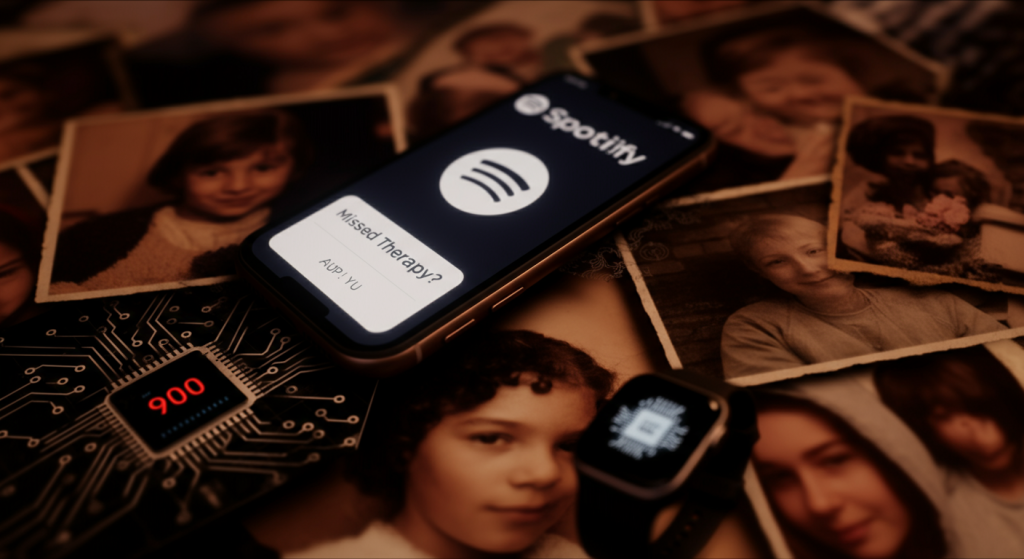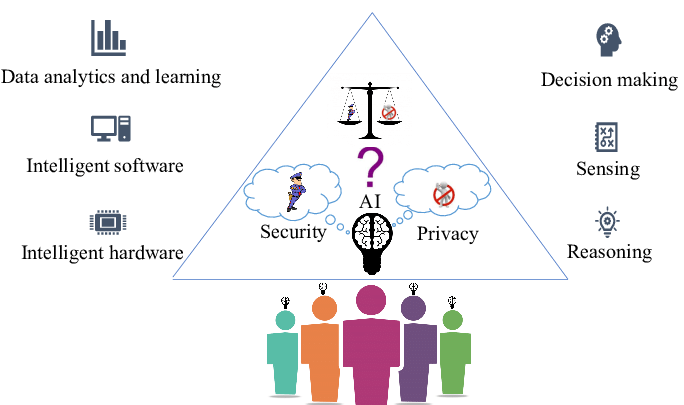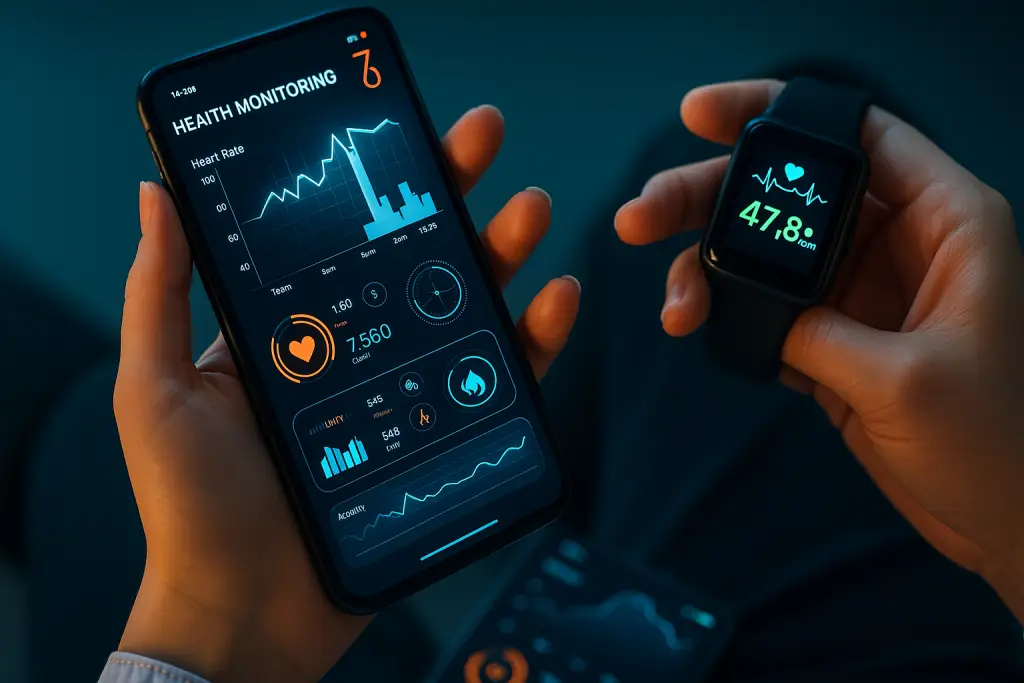The quiet AI that knows you better than your mom
Let’s play a game: remember your 2018 Spotify Wrapped?
You probably laughed at the fact that your top song was “Hotline Bling” again. Maybe you cringed when you realized you listened to Lo-fi Beats to Cry To for 72 straight hours in October. But deep down, you were a little touched. Here was a machine, cold, digital, quietly humming in the cloud, that remembered your journey. Your heartbreak. Your productivity spikes. That one weird week when you got really into Scandinavian jazz.
We don’t often think about the technology around us as emotional witnesses. But they are.
We are living with machines that watch us grow up.
Not in a dystopian, “Black Mirror” way (though let’s admit, some of those episodes hit too close to home). No, this is more subtle. Quiet.
Your Life, as Seen by Algorithms

Spotify isn’t alone. Consider this:
- Google Calendar might’ve noticed you stopped attending therapy every Wednesday at 2 p.m. It now keeps suggesting, “reschedule with Dr. S.?”
- Face recognition apps can trace your smile softening over the years. (Yes, even the photos you didn’t post.)
- Fitbit and Apple Health have graphs charting your sleep quality like your mom used to chart your growth on the kitchen wall.
We’ve let them in. Willingly. Repeatedly. Often with the tap of a checkbox that we didn’t even read.
AI Isn’t Just Evolving. It’s Evolving With Us
Here’s where it gets really interesting and kind of beautiful.
ML models don’t just learn from data. They learn from you. The more you grow, the more they grow. AI personalization systems (think Netflix recommendations, Google Discover, even targeted health nudges) operate with reinforcement learning models that literally adapt to your behaviors.
According to McKinsey, 71% of consumers expect personalized interactions, and 76% get frustrated when that doesn’t happen.
So we’re not just passively observed. We’re co-creating our experience with machines. Like growing up with a twin who becomes a therapist, DJ, and personal assistant.
Okay, But Should We Be Worried?
Good question…
Concern is healthy. Blind optimism isn’t.
There are valid critiques around data privacy, consent, and the ethics of behavior-predictive AI. Pew Research Center study conducted in 2019 that showed 81% of Americans said they feel they have little or no control over the data companies collect about them.

So yes, we must build smarter boundaries.
Transparent AI. Opt-in controls. Emotional analytics with limits. Machines that reflect, not manipulate.
But let’s not miss the poetry of it all either.
These machines aren’t replacing human connection; they’re reflecting it back at us. They hold up a mirror, sometimes funny, sometimes painful, and sometimes surprisingly insightful.
And in a world where many feel unseen, that’s not nothing.
What This Means for the Rest of Us
Whether you’re a software engineer, a team lead, a CEO, or a tired parent wondering how Siri remembered your kid’s doctor’s appointment, this world of quietly observant AI is shaping your life.
So here’s what you can do:
- Audit your algorithms: Go into your Spotify, YouTube, or Google history. See what they’ve noticed. Be surprised. Laugh. Reflect.
- Reclaim the narrative: Most platforms now let you reset or customize preferences. You’re not stuck. You’re steering the ship.
- Talk about it: These aren’t just tech issues. They’re human stories. Dinner table worthy. Blog post worthy (hey there).
Annotiq Thought: AI Isn’t Watching Over You. It’s Watching With You.
So maybe it’s not “surveillance.” Maybe it’s companionship. A clumsy, well-meaning kind.
The machines are growing up with us. And just like any growing-up story, it’s messy, full of awkward moments, and completely worth paying attention to.
Because someday, we’ll look back at our data, our digital reflections, our Spotify time capsules, and see not just how much we’ve changed, but how well we’ve been seen.
Even if it means admitting that, yes, the team really did listen to “Let It Go” 37 times last month.




